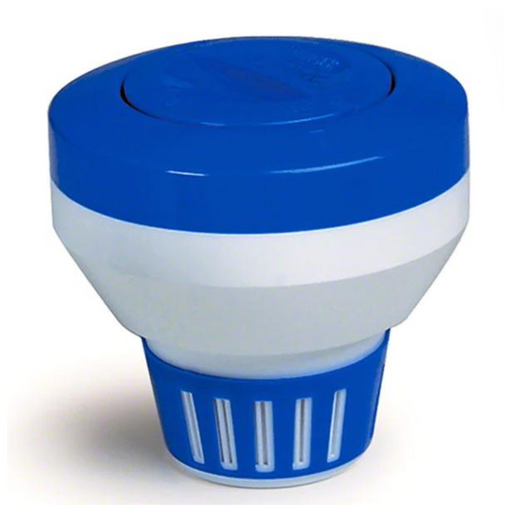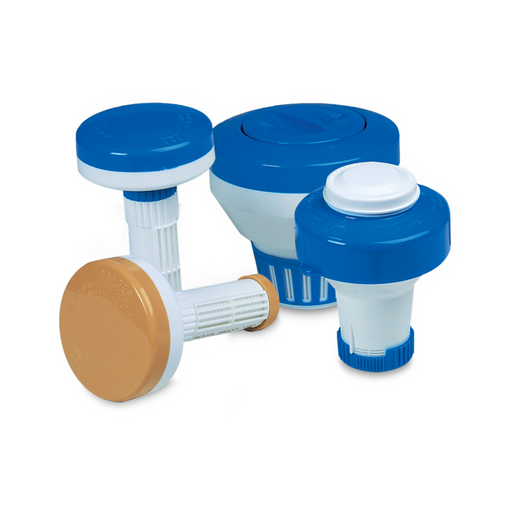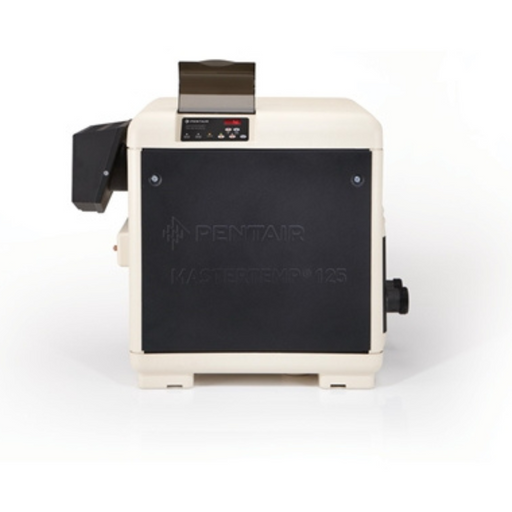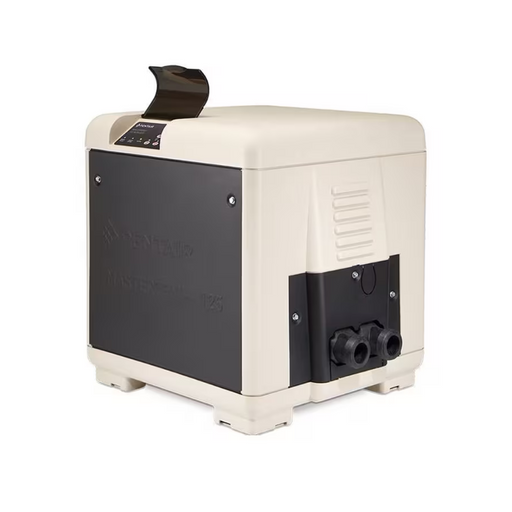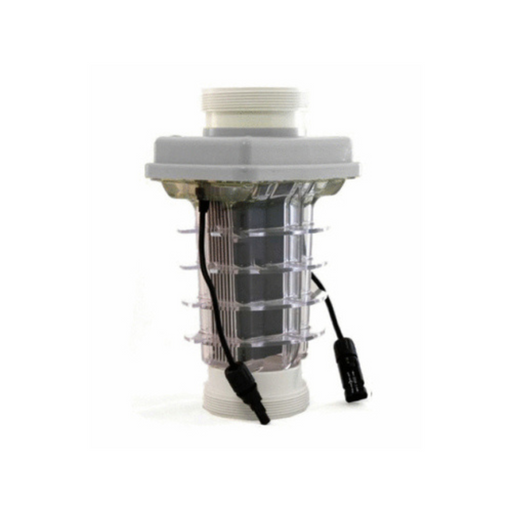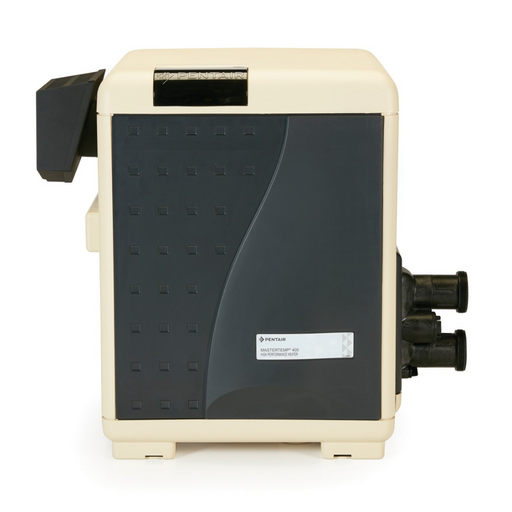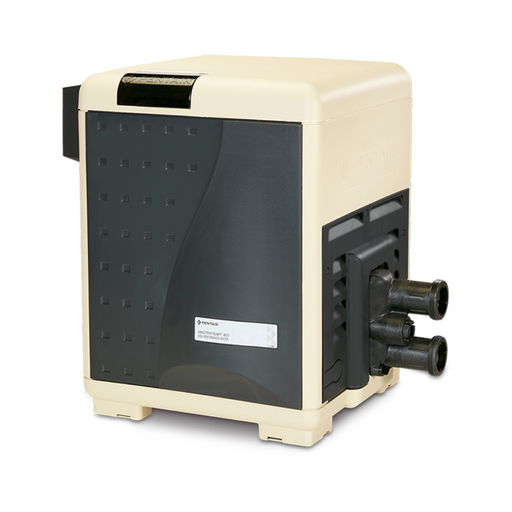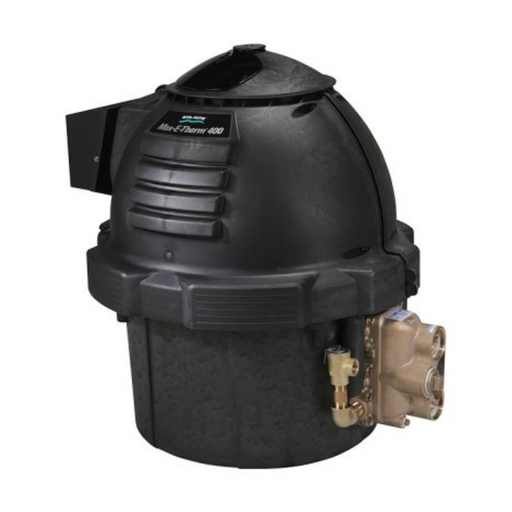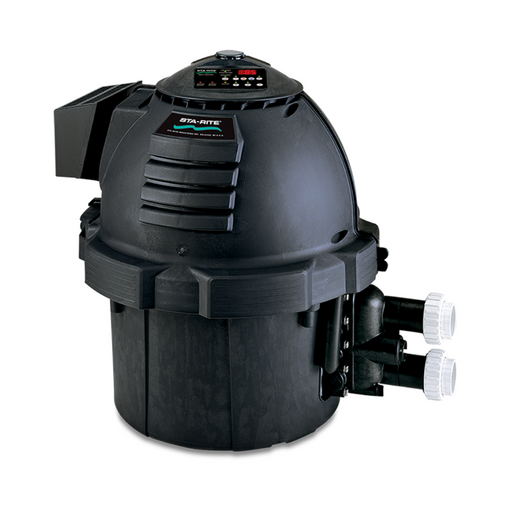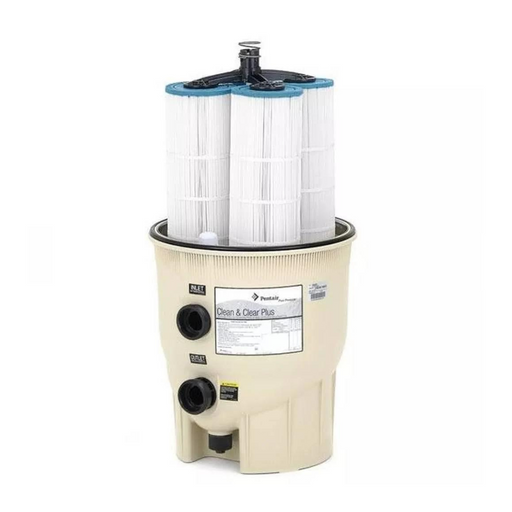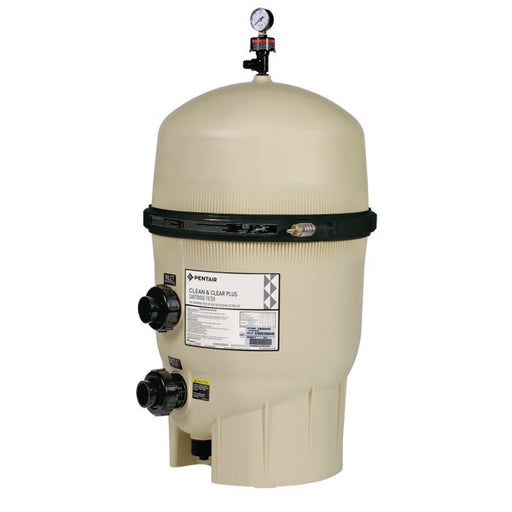Call or Text 303-736-9856
Best Sellers
-
Pentair MasterTemp 125 High Performance Heater, Natural Gas/Propane, 125K BTU
THE HIGH-EFFICIENCY, HIGH-TECH HEATER FOR POOLS UP TO 15,000 GALLONS. The MasterTemp 125 Heater provides energy-saving and advanced operating featu...
View full details -
PureChlor CLG125A-010 Replacement Cell for 25K gal Salt Chlorine Generator CLG125A
Original price $685.00 - Original price $685.00Original price$685.00$685.00 - $685.00Current price $685.00Brand: PureChlor/Solaxx Replacement Service Cell Weight: 4 pounds For Use With: Purechlor CLG125A 25,000 gal Salt Chlorine Generator UPC Code: 00...
View full detailsOriginal price $685.00 - Original price $685.00Original price$685.00$685.00 - $685.00Current price $685.00 -
Pentair MasterTemp High Performance Heater, Natural Gas/Propane, Copper/Cupronickel, 175K-400K BTU
HEAT YOUR POOL SMARTER Save money and energy with the MasterTemp High-Performance Heater. Already known as being dependable and efficient, MasterTe...
View full details -
Pentair Max-E-Therm® Heater, Propane Gas, 200K-400K BTU
YOUR POOL HEATER JUST GOT A WHOLE LOT SMARTER. For indoor or outdoor installations on pools and spas. Features include an LCD temperature readout w...
View full details -
Pentair 160340 Clean & Clear Plus Multi Cartridge Filter 320 Sq Ft CCP320 EC-160340
Original price $0.00 - Original price $0.00Original price $0.00$1,329.00$1,329.00 - $1,329.00Current price $1,329.00FOUR HARD-WORKING CARTRIDGES KEEP POOL WATER CLEAR. Clean & Clear Plus Filters have a corrosion-resistant injection molded filter tank featurin...
View full detailsOriginal price $0.00 - Original price $0.00Original price $0.00$1,329.00$1,329.00 - $1,329.00Current price $1,329.00
Floating Chemical Dispensers
Floating chemical dispensers are devices used to efficiently distribute pool chemicals, primarily chlorine or bromine, into swimming pools. Here are some pros and cons associated with using them:
Pros:
-
Convenience: Floating chemical dispensers offer a convenient way to distribute chemicals evenly throughout the pool. Once filled, they float around the pool, continuously releasing chemicals as needed.
-
Even Distribution: These dispensers ensure a more even distribution of chemicals compared to manually adding them to the pool. This helps maintain consistent water chemistry levels throughout the pool.
-
Automation: They automate the process of chemical distribution, reducing the need for manual intervention and frequent testing. This can save time and effort for pool maintenance.
-
Adjustable: Many floating dispensers come with adjustable settings, allowing users to control the rate at which chemicals are released. This flexibility enables fine-tuning of chemical levels according to the pool's specific needs.
-
Cost-effective: Floating chemical dispensers can be a cost-effective option for pool maintenance, as they help prevent overuse or waste of chemicals by releasing them gradually over time.
Cons:
-
Risk of Overdosing: If not properly monitored or adjusted, floating dispensers can lead to over-chlorination or over-bromination of the pool water. This can cause irritation to swimmers' skin and eyes and may damage pool equipment.
-
Maintenance: While they automate the distribution process, floating dispensers still require regular maintenance. They need to be refilled with chemicals periodically, and the settings may need adjustment based on changing pool conditions.
-
Limited Capacity: Floating dispensers have a limited capacity for holding chemicals. Larger pools or pools with high bather loads may require multiple dispensers or more frequent refills.
-
Aesthetic Concerns: Some pool owners may find floating dispensers unsightly, particularly if they detract from the visual appeal of the pool area. This can be a concern for pools used for entertaining or aesthetic purposes.
-
Dependency on Water Circulation: The effectiveness of floating dispensers relies on adequate water circulation in the pool. Poor circulation can lead to uneven distribution of chemicals and areas of the pool with imbalanced water chemistry.
Ultimately, while floating chemical dispensers offer convenience and automation in maintaining pool water chemistry, they require careful monitoring and maintenance to ensure optimal performance and safety.


